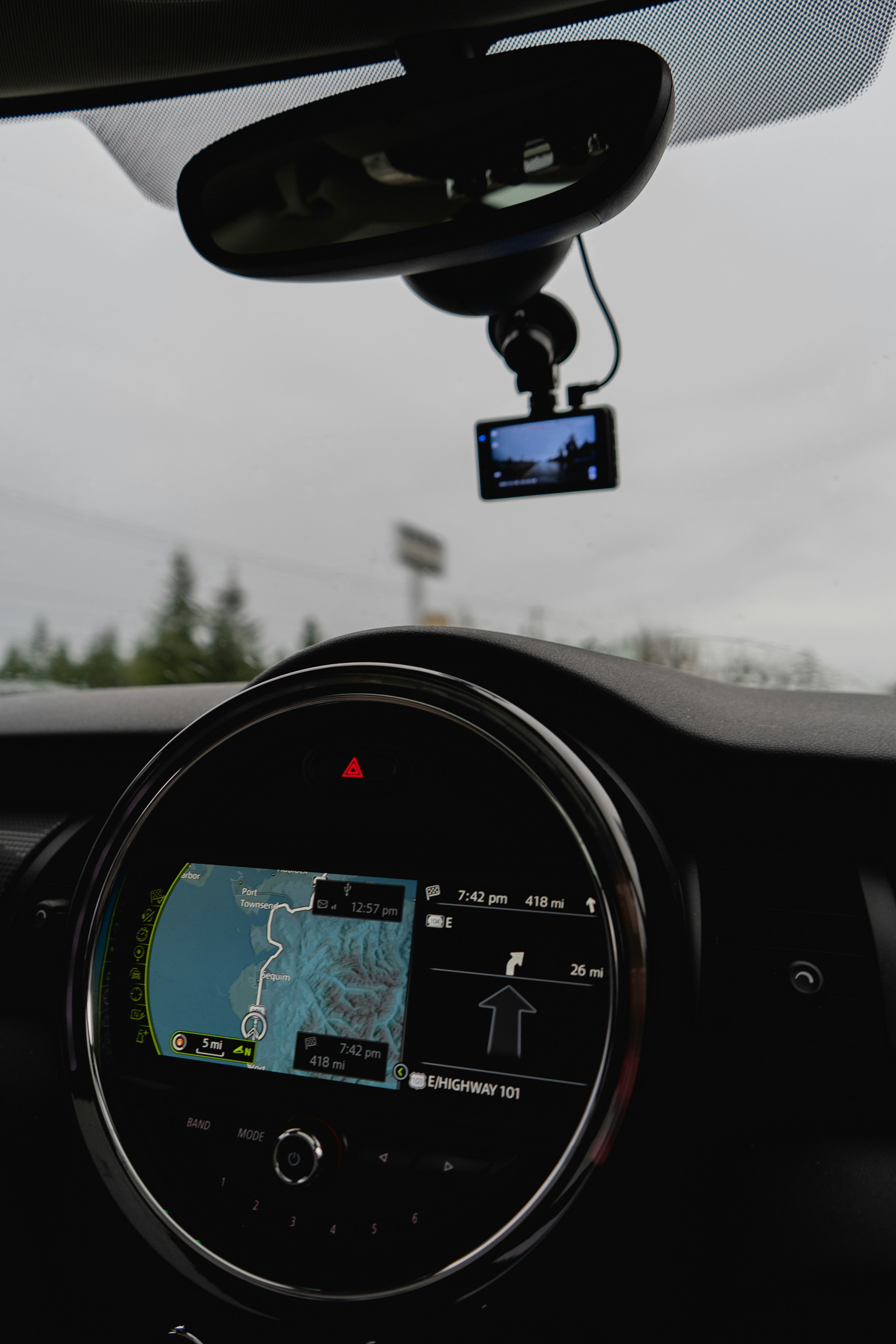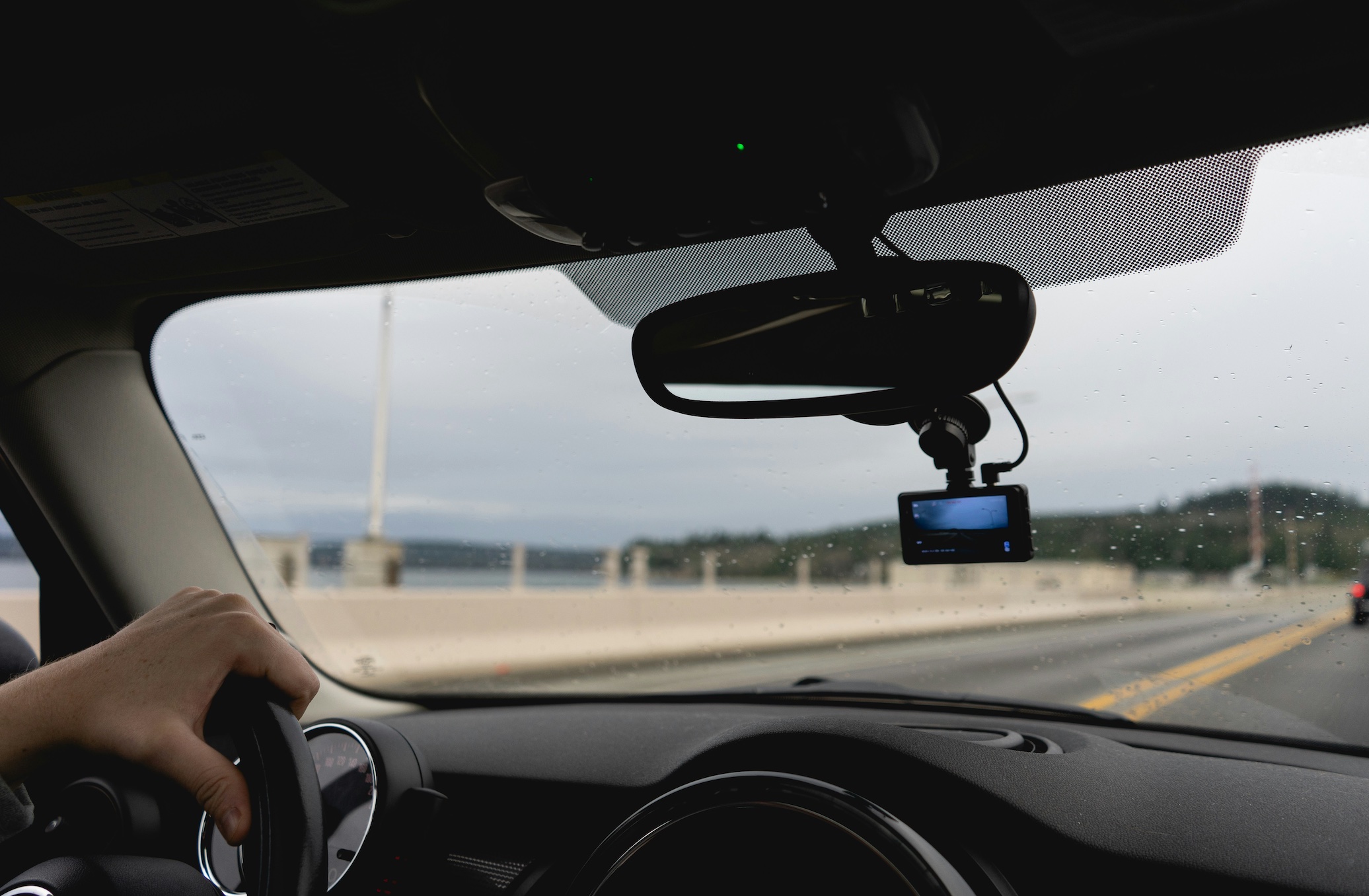Dashcams are an essential tool for preventing irresponsible driving, in addition to being used as proof in court cases and insurance claims.
Dashcams have gained popularity among drivers in recent years for a number of reasons, one reason among them being the ability to record beautiful road trips, record unexpected happenings, and—most importantly—provide proof in the event of an accident. We examine the importance of dashcams in auto accident claims, their advantages, potential legal ramifications, and practical advice for maximizing their usefulness in this extensive guide.
Evidence Collection
Dashcams record the moments preceding, during, and following a car accident, acting as objective eyewitnesses. Important information from this video may be seen, including the course of events, the actions of other motorists, and the state of the road at the time of the collision. In a situation involving disputed liability, dashcam footage shows the other vehicle running a red light, for instance, may be essential in establishing guilt.
Furthermore, in the wake of an accident, dashcams record evidence that could otherwise be missed or forgotten. Although memory can be faulty, particularly under pressure, video footage gives a true description of what happened. When describing the occurrence to insurance companies, police enforcement, or legal counsel, this proof might be quite helpful.
Insurance Claims
Dashcam footage offers unambiguous proof of fault, which greatly speeds up the insurance claims procedure. Insurance firms use evidence to evaluate claims and precisely establish who is liable. Dashcam footage can quickly settle disputes in cases where liability is contested, resulting in quicker claim settlements.
Imagine the following situation: two drivers disagree over what caused the crash.The insurance company may have trouble establishing who is at fault in the lack of concrete evidence, which could lead to protracted investigations and payment delays. Dashcam evidence, however, can support one driver’s account of what happened, allowing the insurance company to swiftly settle the dispute to everyone’s advantage. With the help of an auto accident lawyer, you can receive a professional opinion about using dashcam footage for your claim.

Dashcam footage can also aid in preventing false claims. In an effort to get larger compensation from insurance companies, some drivers may try to fake or exaggerate injuries or damages. Nonetheless, insurers can safeguard themselves against fraudulent actions and guarantee just compensation for valid claims by obtaining dashcam data that contradicts spurious claims.
Protect Your Assets
Dashcams have become essential tools for drivers involved in auto accidents in a time when proof is key in settling legal disputes. Drivers can use dashcams to protect themselves and expedite the aftermath of unpleasant situations on the road by realizing their relevance, following the law, and investing in high-quality equipment. Dashcams give drivers the clarity and accountability they need to handle the intricacies of modern driving, whether that is through boosting overall road safety, promoting safer driving practices, or offering indisputable evidence for insurance claims
Dashcams are an essential tool for preventing irresponsible driving, in addition to being used as proof in court cases and insurance claims. The simple awareness that their activities are being captured by a dashcam might deter aggressive driving, incidences of road rage, and other dangerous behaviors. In addition to safeguarding the motorist utilizing the dashcam, this preventive action advances the more general objective of encouraging a safer driving environment for all users of the road. Dashcams actively contribute to accident prevention and the development of an accountable driving culture by fostering safe driving practices and discouraging wrongdoing..


Join the conversation!